Due Diligence
Understanding Earnest Money and Due Diligence in Tennessee Real Estate
Whether you’re a first-time homebuyer, relocating to Tennessee, or just haven’t been through a real estate transaction in a while, terms like earnest money and due diligence might sound unfamiliar. These are critical parts of any home purchase contract, providing protection for both buyers and sellers.
🔍 What Is Due Diligence in Real Estate?
The due diligence period is a designated timeframe written into the Purchase Agreement that allows the buyer to:
- Inspect the property
- Obtain financing or mortgage approval
- Conduct property surveys or other evaluations
During this period, the buyer has the right to cancel the contract for any reason, while the seller must still honor its terms. This allows you to ensure the home is a sound investment before moving forward.
💵 What Is Earnest Money?
Earnest money is a good-faith deposit that shows a buyer is serious about purchasing the home. The amount is negotiable and is typically paid to a Title Company or brokerage firm when an offer is made.
If the sale goes through, the earnest money is applied toward your down payment or closing costs. If the sale falls through, whether or not you get a refund depends on:
- The reason for the cancellation
- The terms in your Purchase Agreement
- Mutual agreement between buyer and seller
Important: Even if the contract suggests you’re entitled to a refund, both parties must agree in writing before the firm holding the money can release it.
📄 Why These Terms Matter in Tennessee Real Estate
Each Tennessee real estate contract will outline how earnest money and due diligence are handled. Understanding these terms helps you:
- Protect your investment
- Avoid unexpected costs
- Make informed decisions during the buying process
🗣️ Talk to a Real Estate Professional
Local real estate agents in Tennessee can give you the most accurate advice on market trends, typical earnest money amounts, and how long due diligence periods usually last in your area.

